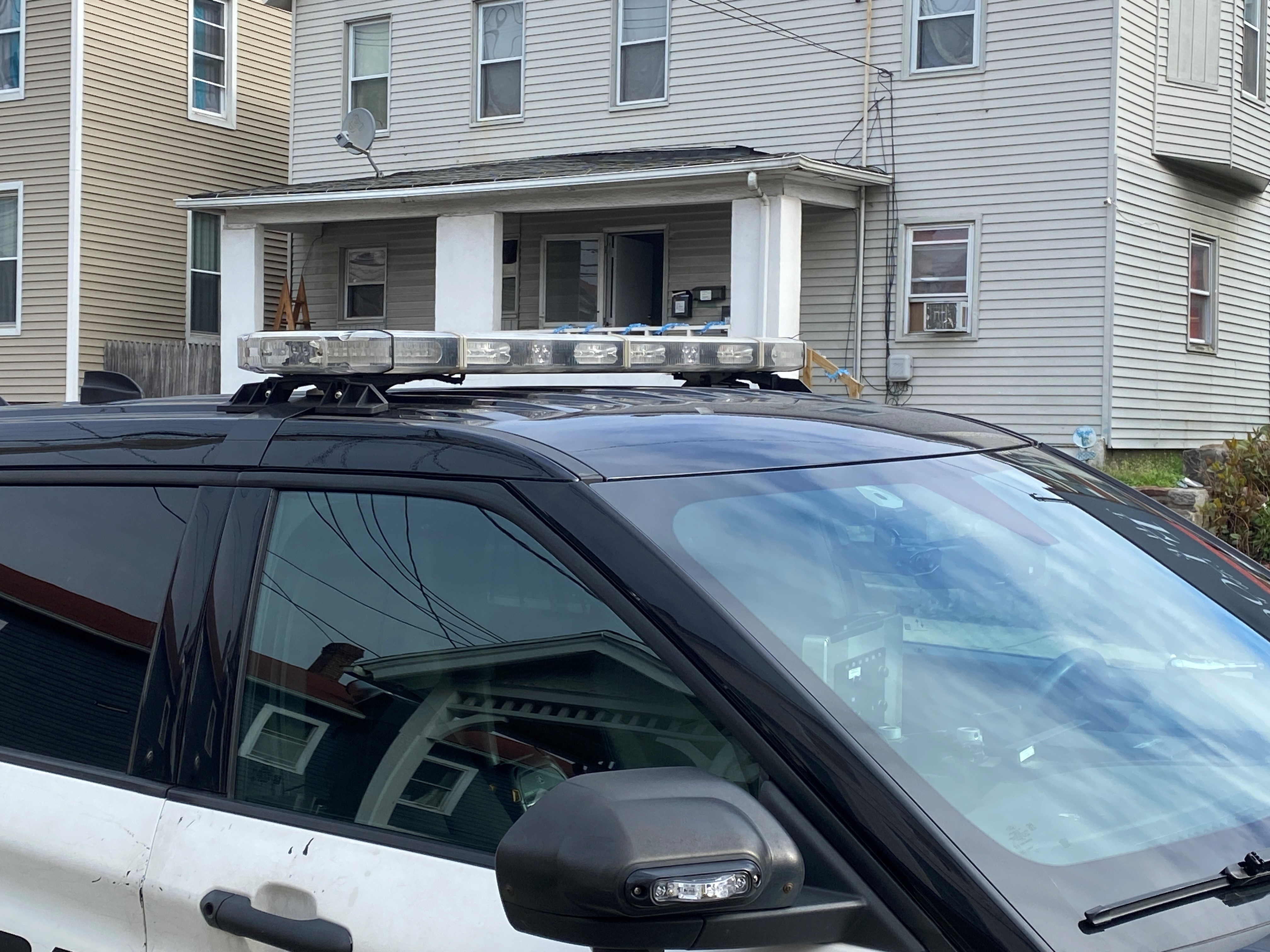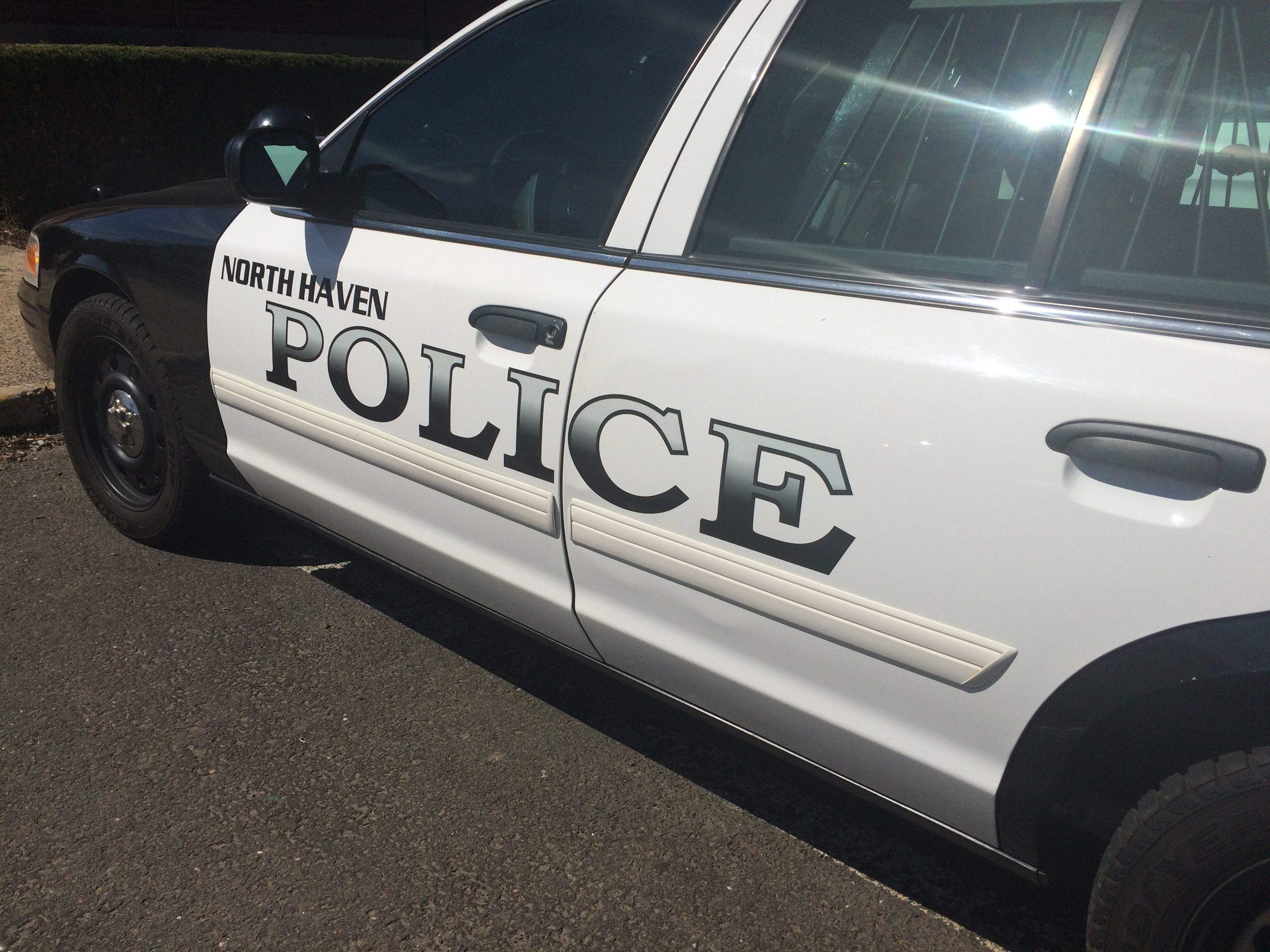The Connecticut Department of Public Health's laboratory will no longer provide state-funded testing of rabid wild animals suspected of infecting pets if there was no human exposure. The change went into effect July 1.
Officials said the lab will continue to provide and pay for rabies testing of any wild or domestic animal if humans were exposed.
The new policy requires pet owners to pay for the costs of testing potentially rabid animals suspected of infecting a pet.
Officials from the Department of Public Health said this will primarily affect pet owners whose pets haven't been vaccinated.
“The mission of the Department is to protect human health, and this change was made to keep us aligned with that mission. Any potentially rabid animal that comes in contact with a human resulting in an exposure according to national guidelines will continue to be tested in our lab,” Dr. Jafar Razeq, the state laboratory director, said in a statement. “Pet owners who keep their pets’ rabies vaccinations up to date as required by state law will not be impacted by this change.”
Pets that have not been vaccinated will be placed in quarantine for up to six months, while vaccinated pets can be observed at home for 45 days.
Public health officials said the change was not a result of budget cuts.
Local
In 2014 and 2015, 957 raccoons, skunks, groundhogs and opossums were tested for rabies and represent the majority of wild animals tested. Of those animals tested, 69 percent involved only domestic pet exposure, not human exposure.



